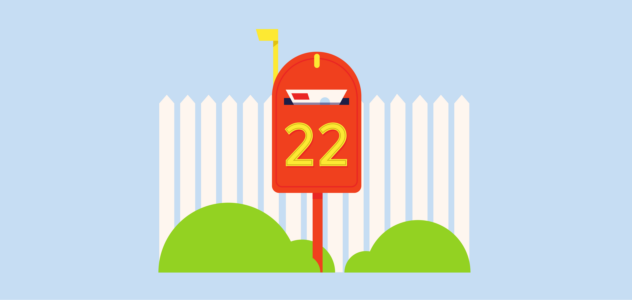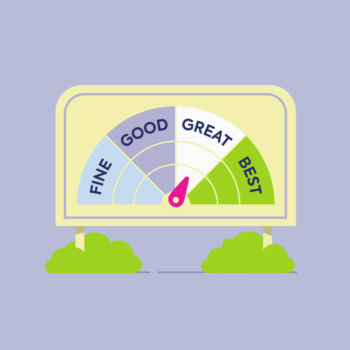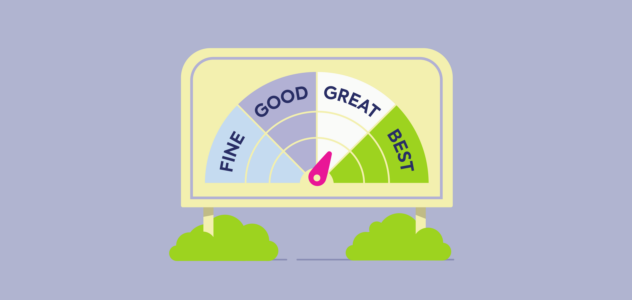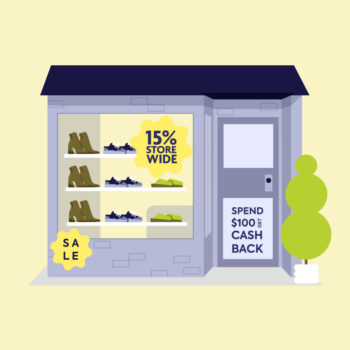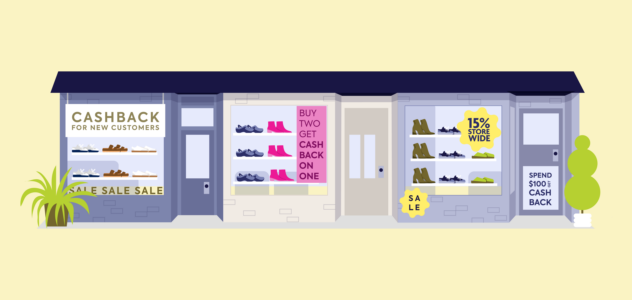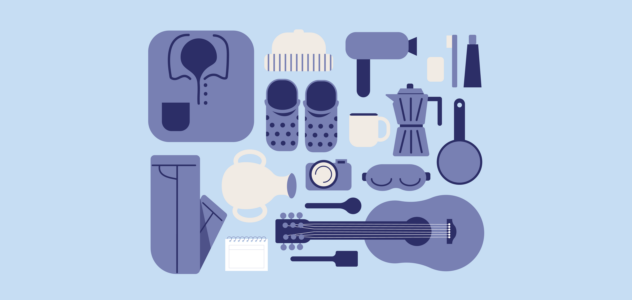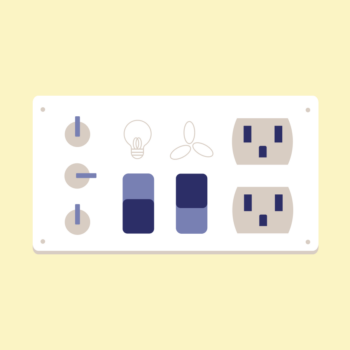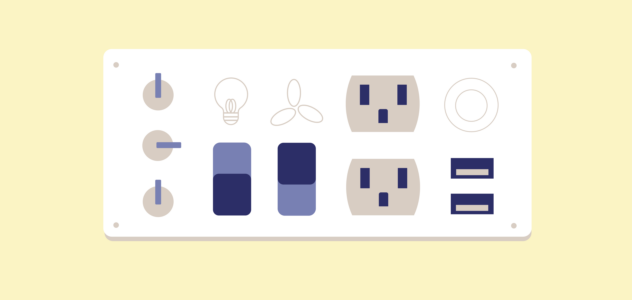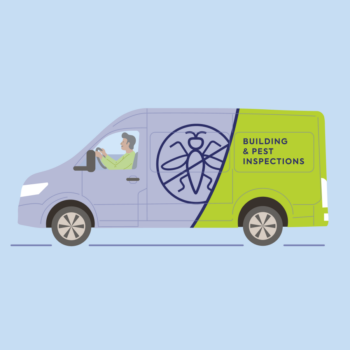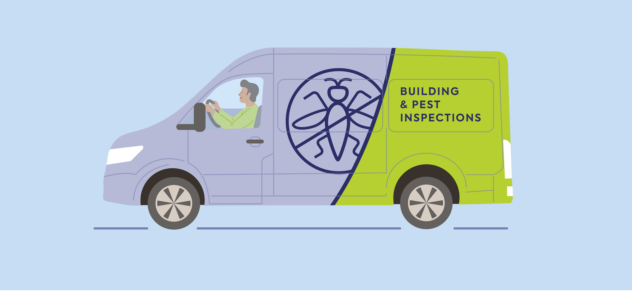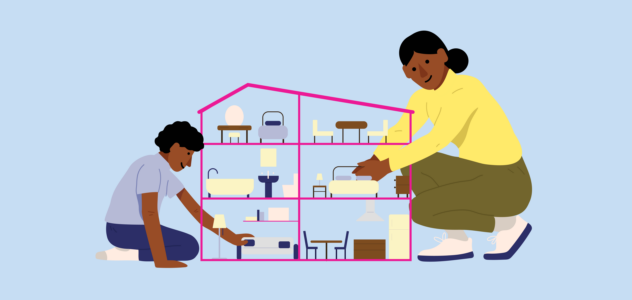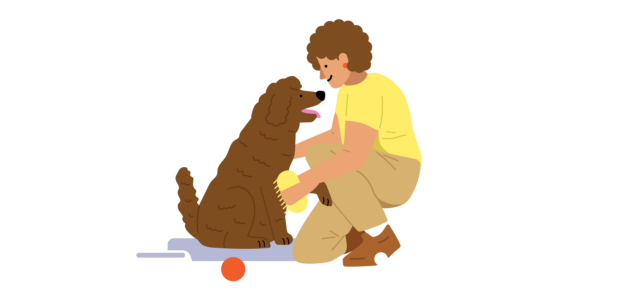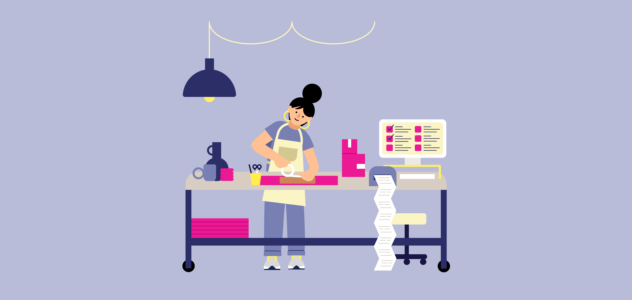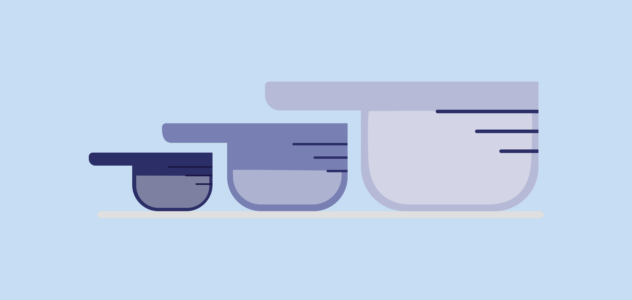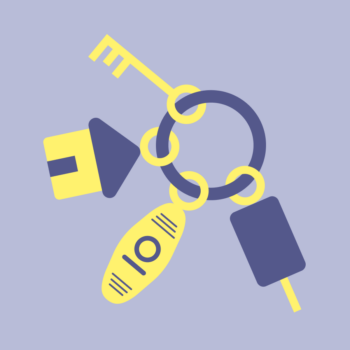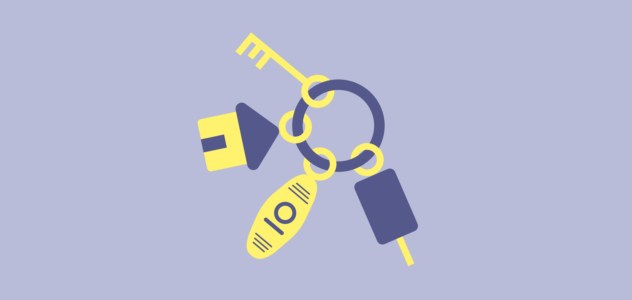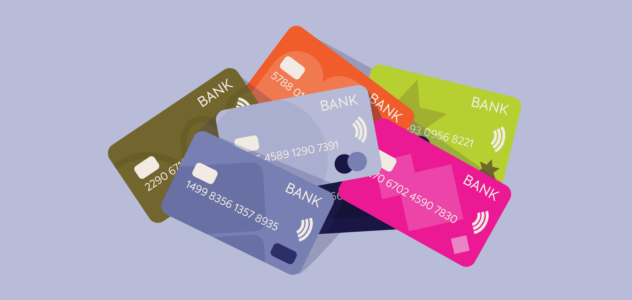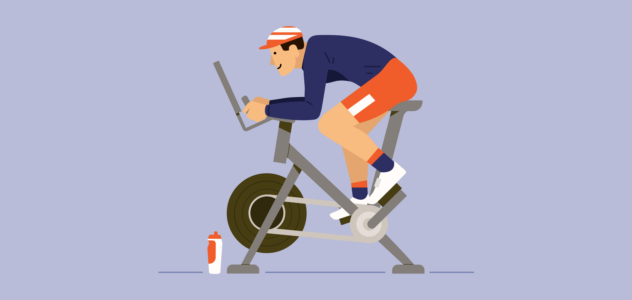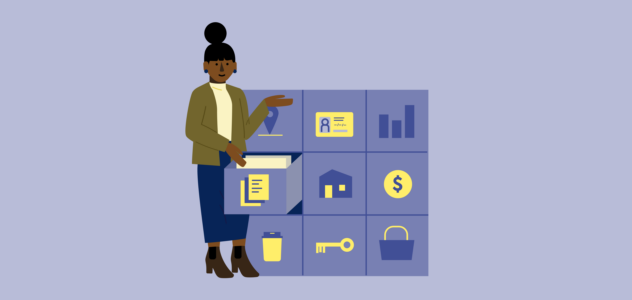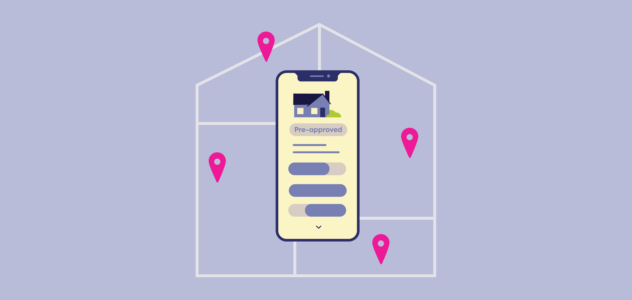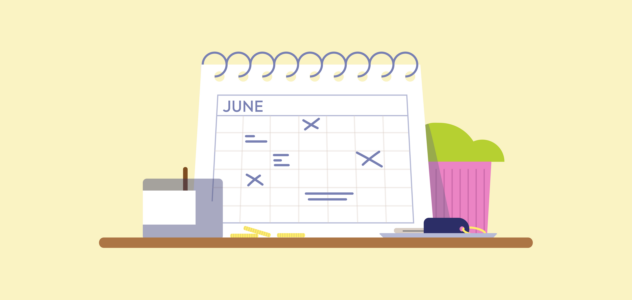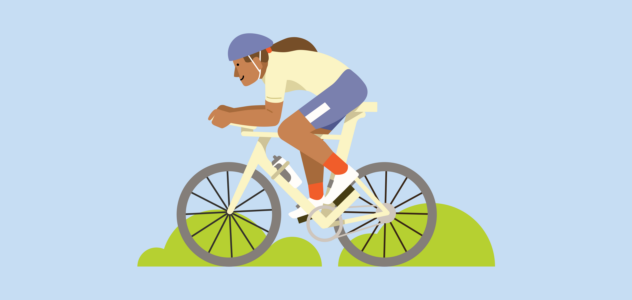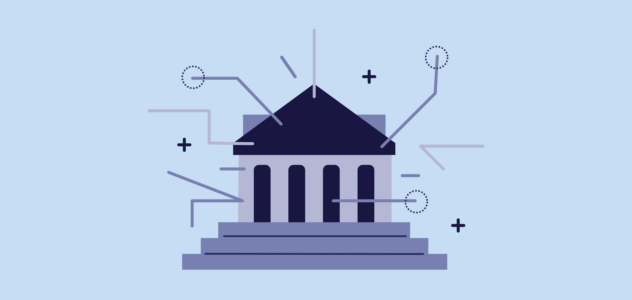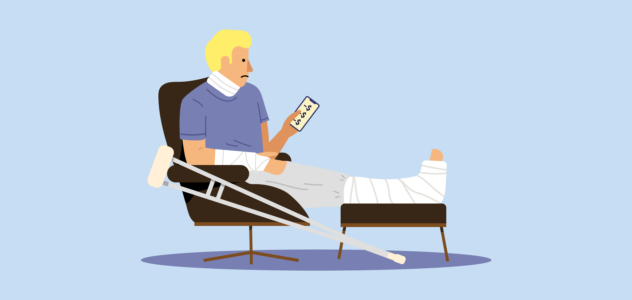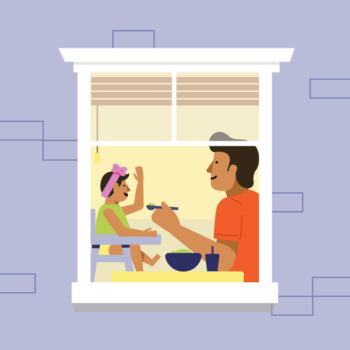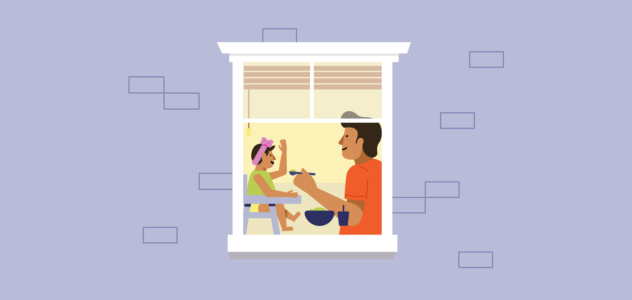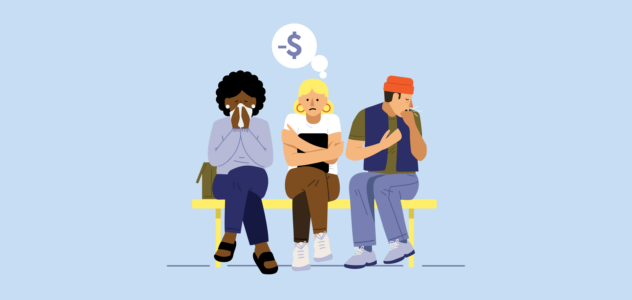HECS. The loan that “future you” has to pay so “present you” can go to uni.
Thanks to HECS-HELP loans, millions of Australians are able to launch their careers with university degrees in hand. An investment into your future and earning potential (without having to pay whopping fees upfront).
But despite the scheme’s wonderful benefits, a HECS debt can affect your borrowing power when it comes time to apply for a home loan. After all, it is considered debt.
In saying that, not all debts are treated equally by lenders (which means it might not impact your borrowing power as much as other debts).
So just how *much* does HECS debt affect borrowing power? Let’s take a look.
But first, what is HECS debt?
HECS-HELP stands for the Higher Education Contribution Scheme (HECS) and Higher Education Loan Program (HELP). But it’s often just shortened to HECS. Thanks to the scheme, eligible students can borrow money to attend university or an approved higher education provider.
But there’s no such thing as a free lunch: in most scenarios you eventually have to pay it back. But the scheme is set up in a way that makes paying back your HECS-HELP debt manageable. The amount you pay is tailored to your income bracket, so it adjusts as you progress in your career. And if you lose your job or take time off work, you typically wouldn’t have to make repayments (we can’t say the same for most other debts).
How is HECS different to other debt?
HECS comes out of your income. So the amount you pay back depends on what you earn. For this reason, it can be considered a little less “risky” by lenders compared to other loans.
For the 2024 – 2025 financial year, these are the repayment income thresholds and repayment rates (ie. the percentage of your income you’re required to pay towards your HECS).
| Repayment income (RI) | Repayment rate |
| Below $54,435 | Nil |
| $54,435 – $62,850 | 1.0% |
| $62,851 – $66,620 | 2.0% |
| $66,621 – $70,618 | 2.5% |
| $70,619 – $74,855 | 3.0% |
| $74,856 – $79,346 | 3.5% |
| $79,347 – $84,107 | 4.0% |
| $84,108 – $89,154 | 4.5% |
| $89,155 – $94,503 | 5.0% |
| $94,504 – $100,174 | 5.5% |
| $100,175 – $106,185 | 6.0% |
| $106,185 – $112,556 | 6.5% |
| $112,557 – $119,309 | 7.0% |
| $119,310 – $126,467 | 7.5% |
| $126,468 – $134,056 | 8.0% |
| $134,057 – $142,100 | 8.5% |
| $142,101 – $150,626 | 9.0% |
| $150,627 – $159,663 | 9.5% |
| $159,664 and above | 10% |
Does HECS accrue interest?
No, HECS doesn’t accrue interest (hooray). Instead, it’s ‘indexed’ so it’s keeping up with the cost of living (ahhh). Indexation maintains the ‘real’ value of the loan as it adjusts in line with changes in the cost of living, measured by the lower of the consumer price index (CPI) or wage price index (WPI).
Let’s look back at the indexation rates over the years.
| Year (starting June 1) | Indexation rate |
| 2025 | 3.2% |
| 2024 | 4.0%* |
| 2023 | 3.2%* |
| 2022 | 3.9% |
| 2021 | 0.6% |
| 2020 | 1.8% |
| 2019 | 1.8% |
| 2018 | 1.9% |
| 2017 | 1.5% |
| 2016 | 1.5% |
| 2015 | 2.1% |
| 2014 | 2.6% |
| 2013 | 2.0% |
*The indexation rate was changed retroactively for 2023 and 2024. The previous rate for 2023 was 7.1%, and for 2024, it was 4.7%. The new rates are 3.2% for 2023 and 4.0% for 2024, reflecting the change to the lower of CPI or WPI.
Get personalised mortgage advice
Speak to a Finspo mortgage broker about your next home loan move. 100% online & free.
So, how does HECS debt affect borrowing power?
Before deciding whether to give you a loan, lenders look at *all* the debt you owe and the current repayments you make. That includes things like a credit card, personal loan, car loan, and of course, HECS debt.
Regardless of the size of your HECS debt, if you’re making repayments then your lender will factor these repayments into their calculations when deciding how much you could borrow.
How much you ask? Well, the extent of how much a HECS debt affects your borrowing power can vary depending on your income.
Let’s look at an example…
Grace is looking to get a home loan. She has an income of $90,000 and a deposit of $150,000. She owes $25,000 on her HECS debt and has no other debts or credit cards in her name.
The lender looks at the amount of HECS coming out of Grace’s income, not the size of the debt itself. According to the repayment rates, Grace is required to pay around $5,000 per year to the ATO.
Since this is money that can’t go toward a mortgage, the lender will consider this as an expense.
With this HECS debt, Grace will be able to borrow $430,000 for a home loan. Without it, she would’ve been able to borrow $480,000 (or $50,000 more).
As a rough rule of thumb, you could expect your maximum borrowing bower to reduce by around 10x the value of your annual HECS repayments.
In saying all that, this is a simplified example. Individual situations are often more layered than this. But it helps to see the impact a HECS *could* have.
It’s important to note, Grace shouldn’t necessarily rush to pay off her HECS debt. There may be other things she can do instead to increase her borrowing power (more on that in a minute).
So, can I get a home loan with a HECS debt?
Absolutely! A lot of first-time buyers have a HECS debt when they enter the property market.
It’s totally doable, but you’ll just need to be aware of it and how it affects your borrowing power. A mortgage broker (or home loan expert as we like to call them) can help with that.
Should I pay off my HECS debt before applying for a mortgage?
If you have the capacity to pay off your HECS debt before applying for a mortgage it *could* help your application. But you shouldn’t rush to pay off your HECS debt before seeking expert advice.
That’s because lenders will look at what HECS repayment is coming out of your income today, however, they typically don’t look at the size of your HECS debt (and how long you’ll likely have until you pay it off).
So even if you’re only 1-2 years away from paying off your HECS, lenders may not necessarily reflect this in their assessment of how much you can afford to borrow. Seems strange right? But they’re essentially doing this to reduce their risk.
A home loan expert (that’s us!) can help determine how paying off your HECS debt might impact your borrowing power.
If you’ve got a healthy deposit, and only a small amount of your HECS debt left, then it may be worth paying it off to boost your borrowing power. But if your borrowing power is looking healthy (and you need all the dollars you can get for your deposit) you may choose to keep your HECS debt where it is.
There may also be other things you can do that will have a greater impact on your borrowing power. Things like paying off other loans or lowering credit card limits (remember not all debt is treated equally).
How to get a home loan with a HECS debt
There’s not much YOU need to do to get a home loan with a HECS debt, other than making sure you’re aware of it and planning ahead.
Remember: before you rush to pay off your HECS debt, there may be other things you can do first to increase your chance of getting a better home loan.
Things like saving for a bigger deposit, paying off any other loans, lowering your credit card limits (or getting rid of your credit card) and making the most of government grants and schemes.
It’s worth speaking with a home loan expert to see which strategy may suit your situation best.
With Finspo, it’s as easy as 1, 2, 3…
- Book a chat with a friendly Finspo expert (online, phew!)
- Tell us about yourself and provide any additional info
- We’ll do the heavy lifting and present you with some loan options and a recommendation.











